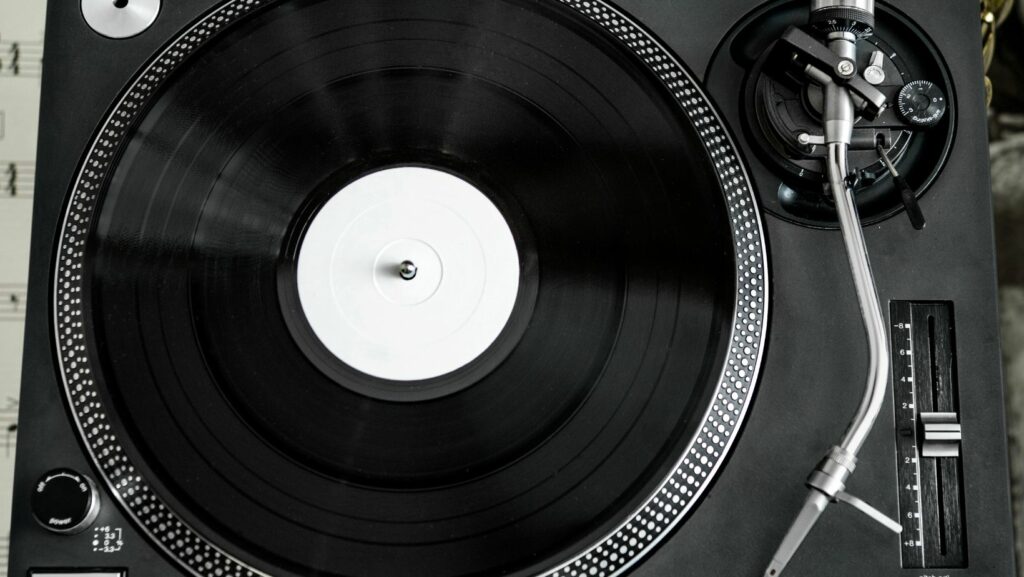In a world where creativity is as crucial as knowledge, music education takes the spotlight. It’s not just about learning an instrument or reading sheet music – it’s about understanding culture, history, and the human spirit. But where can one find the best resources to guide this enlightening journey?
Whether you’re a teacher seeking fresh ideas for your classroom, a student craving to deepen your musical prowess, or a parent aiming to cultivate your child’s artistic flare, you’re in the right place. This article will shine a light on the top music education resources that can transform your musical journey into a symphony of knowledge and skill.
So, let’s strike a chord together and explore the vast, melodious world of music education. The stage is set, and it’s time to let the rhythm of learning begin.
Music Education Resources
 Music education offers far-reaching advantages that extend well beyond the realms of culture, history, and the human spirit. A trove of research backs the educational, cognitive, and emotional benefits derived from this artistic discipline.
Music education offers far-reaching advantages that extend well beyond the realms of culture, history, and the human spirit. A trove of research backs the educational, cognitive, and emotional benefits derived from this artistic discipline.
Music education has a profound impact on the cognitive development of children. Their brain structure develops differently, enhancing spatial-temporal skills – skills crucial for solving complex math. In one study involving 78 children aged six, half received piano or singing lessons. After a year, these children displayed a 15% cognitive boost, compared to those who did not receive any music education.
Additionally, music education improves language and reading skills. For instance, music’s intrinsic structure enhances phonological awareness, the ability to discern sound structures within words, a critical aspect of early reading education.
In sequence, music education supports cognitive development in children and offers emotional benefits across all ages. It is this dual impact that underlines the critical importance of fostering music education.
Exploring Different Types of Music Education Resources
 Delving into the realm of music education resources, a plethora of options abound. Music educators and students alike can utilize these resources for an enriched learning experience. Let’s look at some of these resources in detail.
Delving into the realm of music education resources, a plethora of options abound. Music educators and students alike can utilize these resources for an enriched learning experience. Let’s look at some of these resources in detail.
Online music lessons stand as paramount resources for learning music. They provide an accessible, flexible, and personalized music learning experience. Websites like Coursera and Udemy host courses spanning different music genres and techniques. These online platforms cater to beginners and advanced learners alike, covering a variety of instruments. For instance, beginner-level violin courses cover basics like reading sheet music and playing simple melodies while advanced-level guitar courses delve into complex chording techniques. The convenience of learning at one’s own pace is a defining feature of online music lessons.
Mobile Apps for Music Learning
Mobile apps prove themselves to be valuable resources for music learning. Apps such as Yousician and Simply Piano provide interactive lessons, tutorials, and practice exercises. Yousician, for example, offers detailed, step-by-step guitar lessons ranging from basics to advanced techniques, attracting users of different proficiency levels. Simply Piano, on the other hand, specializes in piano lessons, serving users with interactive sheet music and extensive song libraries. These mobile apps reinforce the learning process using real-time feedback, making them effective tools for music education.
Choosing the Right Music Education Resources
 To Enhance music education, it’s crucial to choose the appropriate music education resource effectively. It involves assessing the quality and credibility of the resource, as well as its relevance to the appropriate age group.
To Enhance music education, it’s crucial to choose the appropriate music education resource effectively. It involves assessing the quality and credibility of the resource, as well as its relevance to the appropriate age group.
When it comes to identifying the right music education resources, quality and credibility stand as significant aspects to consider before making a decision. For instance, resources should emanate from credible sources like professional music educators, renowned music schools, certified music applications, or reputed music publishers. To assess quality, pay attention to elements like content accuracy, comprehensiveness, and presentation. If it’s an online music lesson, for example, high-definition videos, clear audio, indexed lesson plans, and interactive elements form integral quality markers.
Relying on customer reviews and ratings provides valuable insight into the reliability and effectiveness of the resource. For instance, a music application with a substantial number of good reviews and high star ratings could be a reliable choice. In the case of pedagogical music books, the reputation of the author or publisher becomes an indicator of credibility.

